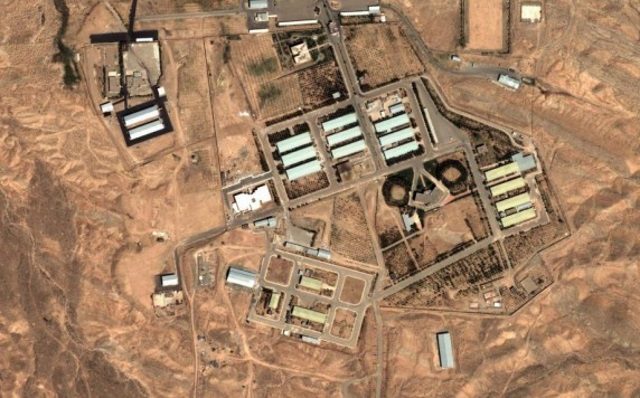Fearing the UN’s monitoring on Iran is not sufficient, the US is demanding specifics on whether Iran is complying with the nuclear deal.
By: AP
The United States on Wednesday urged the UN atomic agency to continue providing details on Iran’s compliance with a deal crimping its nuclear work amid Western concerns that the agency’s newest report is too light on specifics.
With the US and partner nations that negotiated the deal with Iran keen not to jeopardize it, such concerns have mostly been voiced privately.
But chief US International Atomic Energy Agency (IAEA) delegate Henry S. Ensher told the IAEA’s board Wednesday that continued “robust and detailed reporting on Iran’s implementation of its commitments” remains vital even with the agreement now in effect.
US State Department spokesman John Kirby echoed those sentiments, saying “we want these reports to be as thorough as they need to be, and as detailed as they need to be.”
All six nations that struck the deal with Iran are confident that the agency has a better-than-ever overview of Tehran’s nuclear program due to transparency commitments on the part of the Islamic Republic as part of the deal.
But the four Western countries that negotiated with Iran — the US, Britain, France and Germany — prefer more details than were evident in last month’s first post-deal report.
In contrast, the other two countries, Russia and China, allies of Tehran, consider the new report balanced, while Iran complains the report is too in-depth.
IAEA chief Yukiya Amano feels he has struck the right balance, considering Iran is no longer in violation of UN and agency demands to curb its nuclear program.
His report was much less detailed than pre-nuclear deal summaries, essentially ticking off the major obligations that Iran agreed to when the deal took hold January 16 and stating that most were met or minor deviations quickly remedied.
Amano has suggested he won’t be pressured, telling The Associated Press that his Iran reporting will remain “factual, impartial and include the information which the agency considers necessary.”



